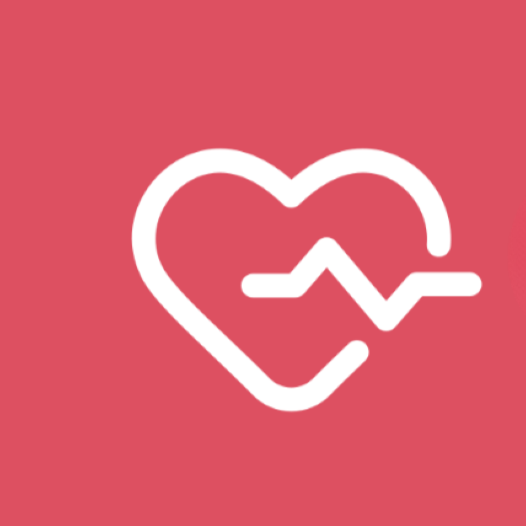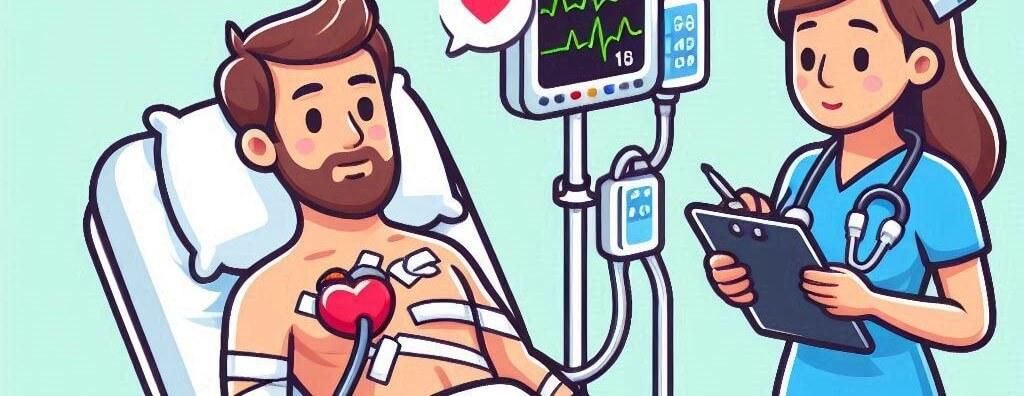Heart bypass surgery, medically termed coronary artery bypass grafting (CABG), is a critical procedure for individuals facing serious heart conditions. Its purpose is straightforward: to create new pathways around clogged arteries to improve blood flow and oxygen to the heart. While this surgery can be a lifesaver, it does come with a set of risks, one of which is the possibility of developing an Infection After Heart Bypass Surgery.
Infection after heart bypass surgery, although not commonplace, are a serious concern. According to data gathered from hospitals, the incidence rate of these infections can vary, but they typically affect a low percentage of patients. It’s vital to understand that each case is unique, and risk factors can greatly influence these percentages.
Patients can encounter a many types of Infection after heart bypass surgery, ranging from superficial wound infections to more serious complications like mediastinitis, which involves the tissue around the heart. Additionally, there can be infections in the lungs or urinary tract owing to extended hospital stays and catheter usage.
Risk factors for Infection After Heart Bypass Surgery include long surgery duration, diabetes, obesity, and even the complexity of the surgical procedure itself. I emphasize to readers that knowing these factors is essential in preparing for and understanding the overall surgical journey.
Our subsequent segment will delve into the tell-tale signs and symptoms of Infection After Heart Bypass Surgery. It’s paramount for recovery that patients and their support networks identify potential infections early. Timely recognition and immediate medical intervention can not only safeguard against complications but also ensure the best possible outcomes in the recovery process.
Click here to read about the “Risks of Cabg Heart Bypass Surgery Procedure“.
Early Signs and Symptoms of Infection After Heart Bypass Surgery

After heart bypass surgery, your body begins a process of healing that requires vigilance. Infection is a complication that I need to highlight because catching it early on can make a big difference in recovery. It’s vital to know what signs should ring alarm bells.
The incision site is your first informal checkpoint. Redness or swelling around the area, a warmth that persists, or drainage, especially if it’s of an unusual color or odor, can be telltale signs of trouble. Keep a close eye on it daily.
Your body may also send out signals that something isn’t right. Fever, chills, and increased heart rate are systemic symptoms indicating infection. You might feel generally unwell or experience unusual fatigue that doesn’t match your recovery trajectory.
I cannot stress enough the importance of TIMELY ACTION. If you notice any of these symptoms or if something feels off to you, it’s crucial to contact your healthcare provider without delay. Earlier intervention can lead to a smoother path to getting better.
Prevention: Reducing the Risk of Infection After Heart Bypass Surgery

It’s essential I stress the significance of prevention when it comes to post-surgical infections after a heart bypass. Taking proactive steps isn’t just beneficial; it’s a must.
Before the scalpel even touches the skin, there’s much that can be done. Patients are often screened for existing infections that could complicate their recovery. The skin at the surgical site is carefully disinfected, and in some cases, antibiotics are administered beforehand as a precaution.
After the surgery, both patients and caregivers play a critical role. Hospital stays might be necessary, and during this time, a stringent handwashing regimen for all who come into contact with the patient is enforced. Dressing changes, if needed, are done using sterile techniques.
Now, don’t overlook the power of simple hygiene and sensible living at home. It’s CRITICAL to follow all discharge instructions to the letter. Keep the incision clean and dry, and be sure to attend all follow-up appointments.
Healthcare providers aren’t just there for the surgery; their commitment to your health is ongoing. Regular monitoring for signs of infection and prompt response to any concerns can make the difference between a smooth recovery and one that’s disrupted by infection complications.
The hard truth? Lifestyle choices do matter. If you smoke, you’ll be urged to quit. Follow a balanced diet to support your immune system. And if you have diabetes, maintaining your blood sugar levels within the target range is imperative.
By stringently adhering to these preventive measures, you’re taking powerful steps to shield yourself from infection. Trust me, this is a fight you’ll want every advantage in.
Treatment Options for Infection After Heart Bypass Surgery

The treatment for infections following heart bypass surgery usually involves a multi-faceted approach. I’ll outline the most common strategies doctors employ to address these complications. Antibiotics are often the first line of defense. They are prescribed based on the type of bacteria causing the infection and the severity of the patient’s condition. Antibiotic therapy may be given intravenously, especially in severe cases, or orally if the infection is less severe.
But sometimes antibiotics alone aren’t enough. In cases where the infection has damaged tissue or where there are devices like stents involved, additional surgery might be necessary. Such surgical interventions aim to remove infected tissue, clear any pus or abscesses, and ensure proper healing of the surgical site.
For chronic or more complicated infections, long-term management becomes crucial. This might include a prolonged course of antibiotics, regular medical monitoring, and possibly additional surgeries. The healthcare team, including surgeons, infectious disease specialists, and nurses, will play a critical role in tailoring the management plan to the specific needs of the patient.
Innovation hasn’t left this corner of medicine untouched. New treatments and interventions are constantly being researched and developed. For instance, wound care has advanced with the availability of better dressings and negative pressure wound therapies, which can help promote healing and reduce the risk of further infection.
Moving to the next phase, dealing with a postoperative infection can certainly add a layer of complexity to a patient’s recovery. Navigating life after infection involves not just physical healing but also addressing the often-overlooked psychological impact of a complication. This is where a rounded approach to recovery becomes important, one that looks at both the body and the mind.
Life After Infection: Recovery and Quality of Life Considerations

Getting past an infection after heart bypass surgery is a significant hurdle. Thank goodness, most people manage to overcome this challenge and continue their recovery. However, it’s important to recognize that your recovery timeline may be extended.
Physical therapy and other forms of rehabilitation can be instrumental in regaining strength and returning to daily activities. These therapies are tailored to each person’s specific needs and abilities, focusing on improving cardiovascular health and overall physical fitness.
Mental and emotional support is also critical. Dealing with post-surgical complications can be stressful and disheartening. Support groups, counseling, and sometimes medication can be beneficial for those who need help coping.
Maintaining a positive outlook is more than just feel-good advice; it’s a practical strategy that can influence recovery. Staying informed about your condition, setting realistic goals for improvement, and celebrating small victories along the way can help enhance your overall quality of life.
In conclusion, recovering from an infection after heart bypass surgery requires patience and proactive care. By working closely with your healthcare team, adhering to your treatment plan, and taking steps to maintain your emotional well-being, you can continue to make strides towards a healthy, fulfilling life.


Hey, if you are looking for more resources, check out my website Webemail24 as I cover topics about Escort Services. By the way, you have impressive design and layout, plus interesting content, you deserve a high five!
Thanks for the compliment, my friend. I’m happy that you’re here. Will check you out a Webemail24 soon!